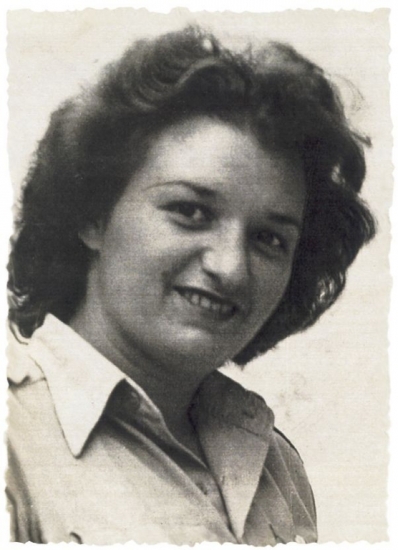
Jerusalem - April 24, 1948
Dearest Mother, Dad and Naomi,
I must tell you how I spent Seder night in besieged Jerusalem.
It was a wonderful evening, a huge full moon floating in a bathtub of blue, with little sparklers of stars hovering close by. The Mediterranean sky defies description. It's even more brilliantly star-studded than a summer night in Vermont, and at eye level, all this beauty is silhouetted against stark earthy rock and rugged hills.
We walked to town marveling at the unexpected quiet. Not a shot to be heard the whole way. We were in high spirits, we stopped off to bid Chag Sameach (Happy Holiday) to mutual friends, sang loudly and waved to people sitting on their balconies enjoying the quiet and waiting for Seder guests. Everybody had guests this year. There were about a hundred drivers in town who brought the last convoy to Jerusalem, stranded away from their families and, of course, hundreds of soldiers far from home.
Seder night, falling on a Friday eve in Jerusalem, is doubly special. The holiday atmosphere is in the very air. The only sign of the times was a thick security guard surrounding the Chief Rabbi's home in Rehaviah, a block away from where we were headed to Yehudah's family Seder at an uncle's house.
As we mounted the stairs I was a little apprehensive at the prospect of meeting three generations of relatives but my fears were allayed in no time. I discovered that I knew the sister from my first-aid course and her husband and I had once done patrol duty together. There were several other guests and, reigning over all, was a regal grandmother whose withered hand we all had to formally kiss following Kiddush, the blessing over the wine. There is a 105 year-old great-grandmother too but she was at Seder elsewhere because of the transportation difficulties.
The family is Sephardic in origin so, although the Haggadah was read in Hebrew, the important passages were reread in Ladino for the benefit of the grandmother, and everyone at the table took turns reading, as we do at home. Whenever the conversation lapsed into Ladino, the children - little chauvinists - were genuinely upset and demanded that only Hebrew be spoken.
As I was a special guest they provided me with a Haggadah which had an English translation. And, probably because they thought American Jews have no traditional background, they took great pains and derived much pleasure from giving me instructions on what to do and how to do it. I didn't have the heart to tell them that I knew a thing or two about Passover Seders.
The herbs were truly bitter herbs, plucked from the fields like the greens we now eat with our daily fare. The charoset tasted every bit like the Egyptian bricks it was supposed to represent although, in these times, there's no way of knowing what it was made of. In essence the Seder ceremony was the same as it is all over the world wherever Jews congregate.
Only one custom was strikingly different and I rather liked it.
Instead of the afikoman being placed between two pillows, as we do, it was placed in a napkin, with its ends tied in a knot. Then the matzah bundle was passed to each one at the table who, in turn, slung it over a shoulder and held it there for a bit, symbolizing the way the Jews must have carried their belongings out of Egyptian bondage. When it came to one of the children it miraculously disappeared and was only forfeited against the promise of a book.
A five-year old boy, the youngest in the family, in lispy Hebrew that seems to characterize the speech of most Sabra children, didn't merely recite the traditional four questions, but asked them, in the most natural way, as if inquiring, "Why is this night different from all other nights?" - his hands clasped around his knees, his head tilted to one side, as if he really didn't understand and wanted to be told why a Seder in besieged Jerusalem was different from any other.
Despite the terrible food shortage, a meal of sorts was served, simple but plentiful, with kneidlach made from something that tasted like nuts. The singing was really merry. I was asked to sing the melodies I knew, which were very different from theirs. But, judging by the way they all beamed, my performance must have been enjoyable and interesting for them.
We had to leave early because of the long walk home, but not before saying formal good-byes and kissing Grandma's paw with great ceremony.
We took a short-cut home to be out of the firing line from the "General Building" (the British Mandatory government office compound) and passed through the crowded Mahaneh Yehudah area, a very religious community. At one house we saw by the flickering candle light in the window a large family group huddled around the holiday table, the youngsters' ear locks dangling on the cloth, all singing with Hassidic fervor, transported with joy. Their singing had a haunting quality I cannot convey. Every corner of the deserted cobblestone alley reverberated with the sound of it, echoed and reechoed from every house. We hit the open road near Romema and broke into song ourselves, joined by the guards we passed at the various check-posts and roadblocks en route.
This morning, Alizah and I made a matzah omelet from our special Passover ration of one egg each.
It's unnaturally quiet today. I hope it isn't the quiet before the storm. Please plague me with letters. After April 30th, when the British will discontinue all postal services, there is no way of knowing what will be...
Happy holiday,
Love,
Zippy
From the book, “Letters from Jerusalem 1947-1948”, by Zipporah Porath. To mark Israel’s 60th Anniversary, signed copies of the book (also available in Hebrew) can be ordered from the author. Contact: zip@netvision.net.il or Tel/Fax: 03 635 1835.
"Letters from Jerusalem 1947-1948" is now available on Amazon Kindle. Here is the link:
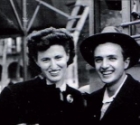 Family Story To Palestine, December 1947
Family Story To Palestine, December 1947 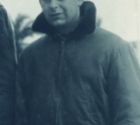 Israel’s 1st International Sports Competition – Basketball
Israel’s 1st International Sports Competition – Basketball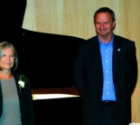 Yakirei Zion & “Yakira Lanu”
Yakirei Zion & “Yakira Lanu”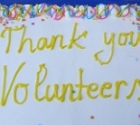 A new website in English - on Volunteering - Launched in Israel
A new website in English - on Volunteering - Launched in Israel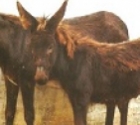 Help Needed for Abused Horses and Donkeys
Help Needed for Abused Horses and Donkeys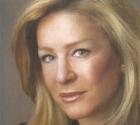 Heather's Heseg
Heather's Heseg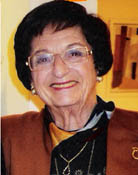 Zipporah Porath
Zipporah Porath